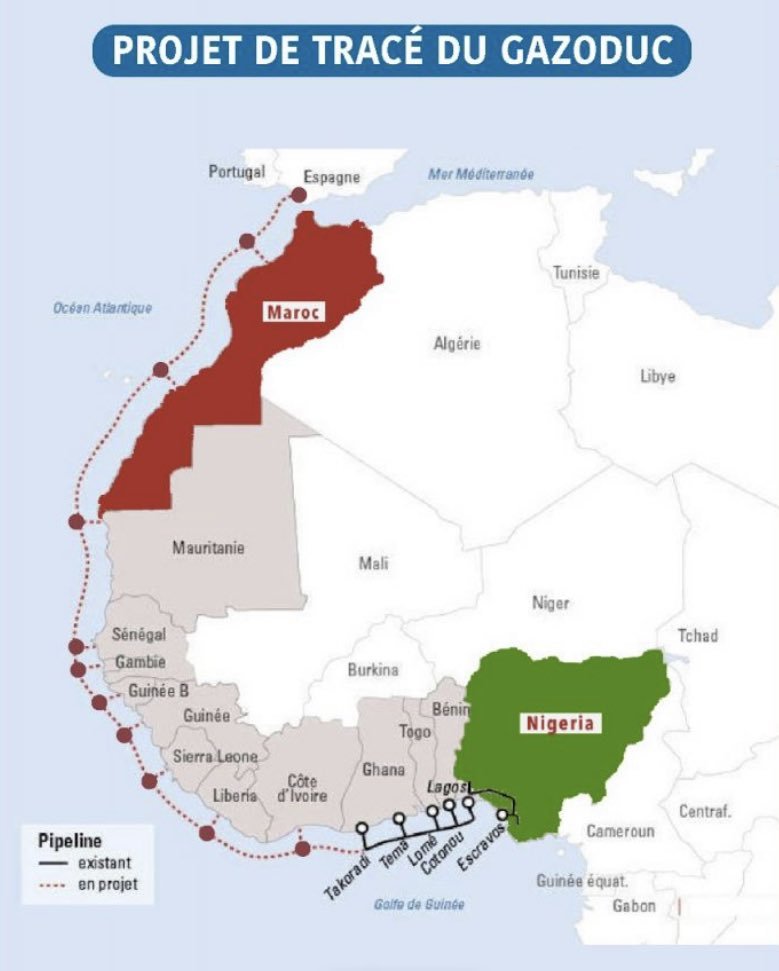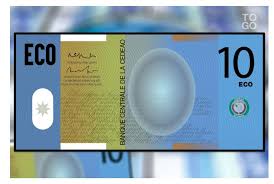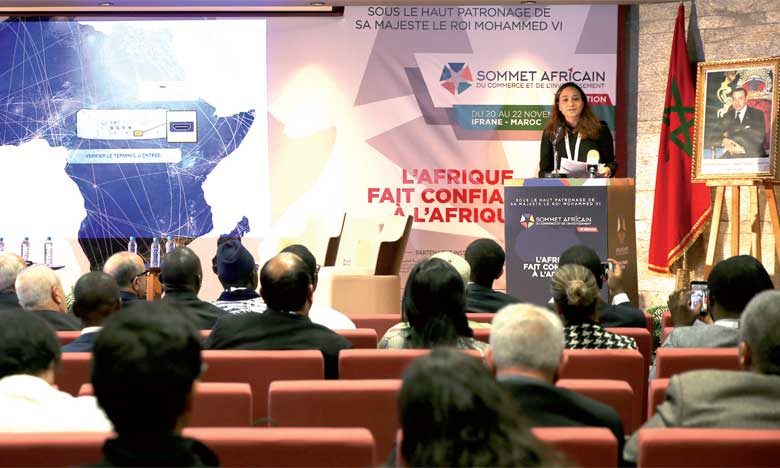Côte d’Ivoire’s economic hub Abidjan is currently hosting a pivotal regional workshop aimed at reviewing the Intergovernmental Agreement (IGA) and the Host Country Agreement (HGA) for the Nigeria-Morocco Africa-Atlantic Gas Pipeline project. This crucial event, which runs until August 30, brings together experts and representatives from several West African countries alongside a Moroccan delegation.
The workshop, organized by the Economic Community of West African States (ECOWAS), underscores the strategic importance of the Africa Atlantic Pipeline, a landmark initiative born from the visionary leadership of King Mohammed VI of Morocco and former Nigerian President Muhammadu Buhari, with continued support from Nigeria’s current President, Bola Tinubu.
Morocco, a key player in this flagship African integration project, is represented at the workshop by officials from the Ministry of Energy Transition, as well as the National Office of Hydrocarbons and Mines (ONHYM). They are joined by experts from relevant ministries responsible for natural gas and representatives from national energy companies of the involved countries.
The workshop’s primary focus is to finalize the IGA and HGA agreements, which are essential to the implementation of the pipeline project. The initiative is expected to significantly boost economic development and improve energy access for the countries it crosses. Furthermore, it aims to enhance South-South cooperation, aligning with King Mohammed VI’s vision for sustainable and integrated energy development along Africa’s Atlantic coast.
In a statement to MAP, Mustapha Warfou, Head of the Hydrocarbons Activities Division at Morocco’s Ministry of Energy Transition, described the IGA and HGA agreements as the “cornerstone” of the pipeline project, highlighting Morocco’s strong commitment to fostering South-South cooperation under the Sovereign’s leadership.
“All the milestones achieved to date confirm the commitment of all the concerned countries to the success of this key project, which serves as both a catalyst for economic development in the Northwest region of Africa and evidence of the integration and improvement of competitiveness and economic and social development in the region,” Warfou noted.
Jean Baptiste Aka, representing the Ivorian Minister of Mines, Petroleum, and Energy, echoed this sentiment at the workshop’s opening, describing the Nigeria-Morocco Pipeline as more than just an energy infrastructure. “It is a vehicle for regional transformation, an international cooperation tool, and an economic prosperity catalyst,” Aka said. He underscored the pipeline’s potential to unlock new economic opportunities in the sub-region by providing cheaper electricity from natural gas to meet the needs of industries and populations.
ECOWAS Director of Energy and Mines, Dabiré Bayaornibé, also addressed the participants, urging all stakeholders to contribute to the project’s success. He reiterated the organization’s commitment to increasing natural gas availability across the involved countries, thereby boosting electricity production and the industrial sector.



